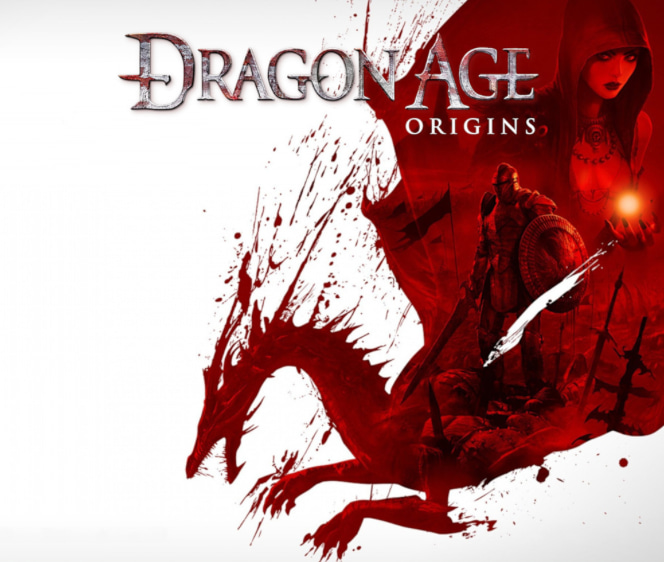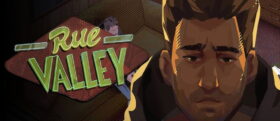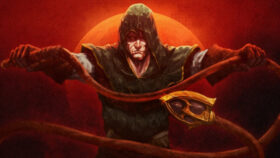It’s strange to imagine that one of Bioware’s most famous and long-running series — Dragon Age Origins — might have just been a one-off in the same vein as Jade Empire.
In fact, the name of the game itself naturally implies that there’s going to be more to come, so it’s interesting to hear from the original series lead, Mark Darrah, that there was no original intention of carrying on beyond that.
The series eventually became known for leaving breadcrumbs in a given game that would help to indicate where the sequel might take it. It helped the world to feel much larger than could be contained in any one game, but that same quality was originally foundational to it as a standalone title.
Dragon Age: Origins Has a World Beyond the Game Itself
While small details that can accumulate into big storytelling beats are great for building anticipation, the actual logistical matter of resolving them — both for writers and for the developers who have to depict multiple possibilities — is incredibly difficult.
Darrah mentions this in his interview with PC Gamer, saying “there’s a lot of threads that are cast out that kind of had to be abandoned because there could be werewolves all over the world, there might be a civil war happening underground in Orzammar.”
The multiple possibilities of all these outcomes work great as multiple endings to one game to help you feel as though your choices matter, but illustrating those possibilities in future games can be too varied to be practical.
Different Design Philosophies
What makes Dragon Age interesting as a series is the way that each game is distinct from the others.
Much of the time this is because of behind-the-scenes circumstances, like Dragon Age 2’s truncated development time, or how Dragon Age: The Veilguard was originally supposed to be a live-service, multiplayer title before being retrofitted into a more linear, single-player experience.
This means that each game comes with its own tone, style of play, mechanical identity and ambitions.
While you could import old save files and decisions between the original three games, it was never as straightforward as it was with Bioware’s other primary RPG series, Mass Effect, due to the different player character in each Dragon Age game.
In The Veilguard, the importing feature was removed altogether.
Will there be a Dragon Age 5?
Given the time that it took Dragon Age: The Veilguard to come out (ten years of development), as well as EA’s CEO admitting it “needed shared-world features”, after it performed half as well as expected, a sequel appears unlikely.
What remains of Bioware is currently working on the latest Mass Effect sequel, though there’s little news of when that can be expected.






